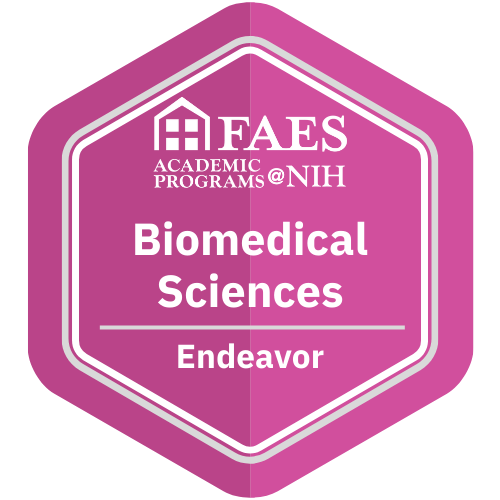As a collaboration between the Office of Intramural Training and Education, the Graduate Partnerships Program, and the Foundation for Advanced Education in the Sciences, this team-taught course allows students to learn both common and cutting-edge biological techniques directly from experts currently using them in research settings. Course topics will start small, with nucleic acids, building up through proteins and cells, and finally to whole model organisms and complex systems. Each lecture is designed to give relevant scientific background, then focus on the technique itself (What does it measure? How is it performed? Why does it work?), before placing the method in a research context with real-world applications. Each week of the online course will consist of approximately two hours of lectures (broken into smaller segments with multiple videos to make individual techniques more accessible), group discussion on current applications, and readings and other resources as needed. Here’s a look at what we’ll cover each week:
Week 1: Nucleic Acid Techniques (using plasmids, PCR, working with DNA and RNA; common genetic engineering techniques including Cre/Lox, CRISPR, RNAi; quantification of nucleic acids, FISH)
Week 2: Protein Methods (expression, purification, Western blot, quantification methods, immunofluorescence, confocal microscopy, electron microscopy and other methods for studying structure)
Week 3: Sequencing (Next Generation Sequencing, RNASeq, CHIP-Seq)
Week 4: Bioinformatics (Working with large data sets, including what to do with all that cool sequencing data, molecular dynamics simulations for protein structure/binding)
Week 5: Biological Models (cell culture, organoids, common animal models)
Week 6: Neuroscience (cellular neuroscience, including several techniques for studying neurons: electrophysiology, optogenetics; behavioral neuroscience, including several techniques for studying rodent motor and sensory functions, feeding behavior, learning and memory, social behavior, and exploratory and emotional behavior)
Week 7: Review and Final Exam to cement a broad understanding of current techniques used in the study of human diseases

